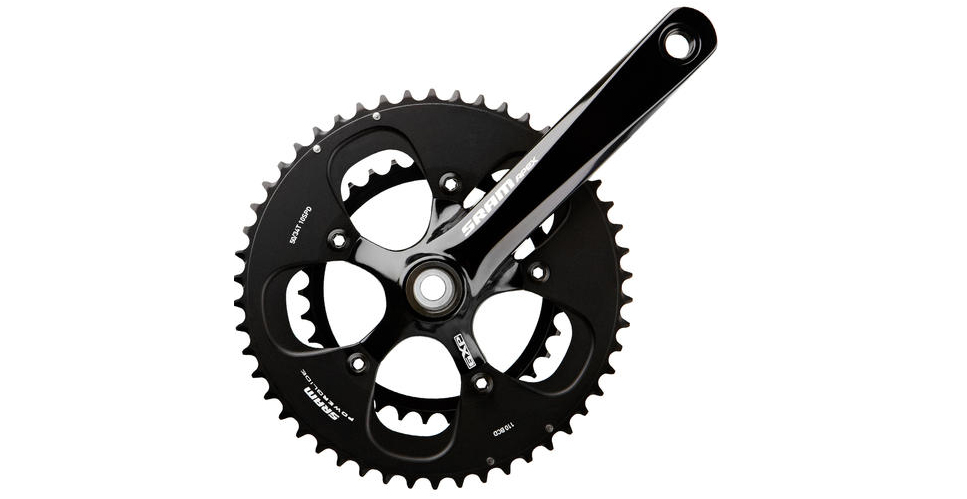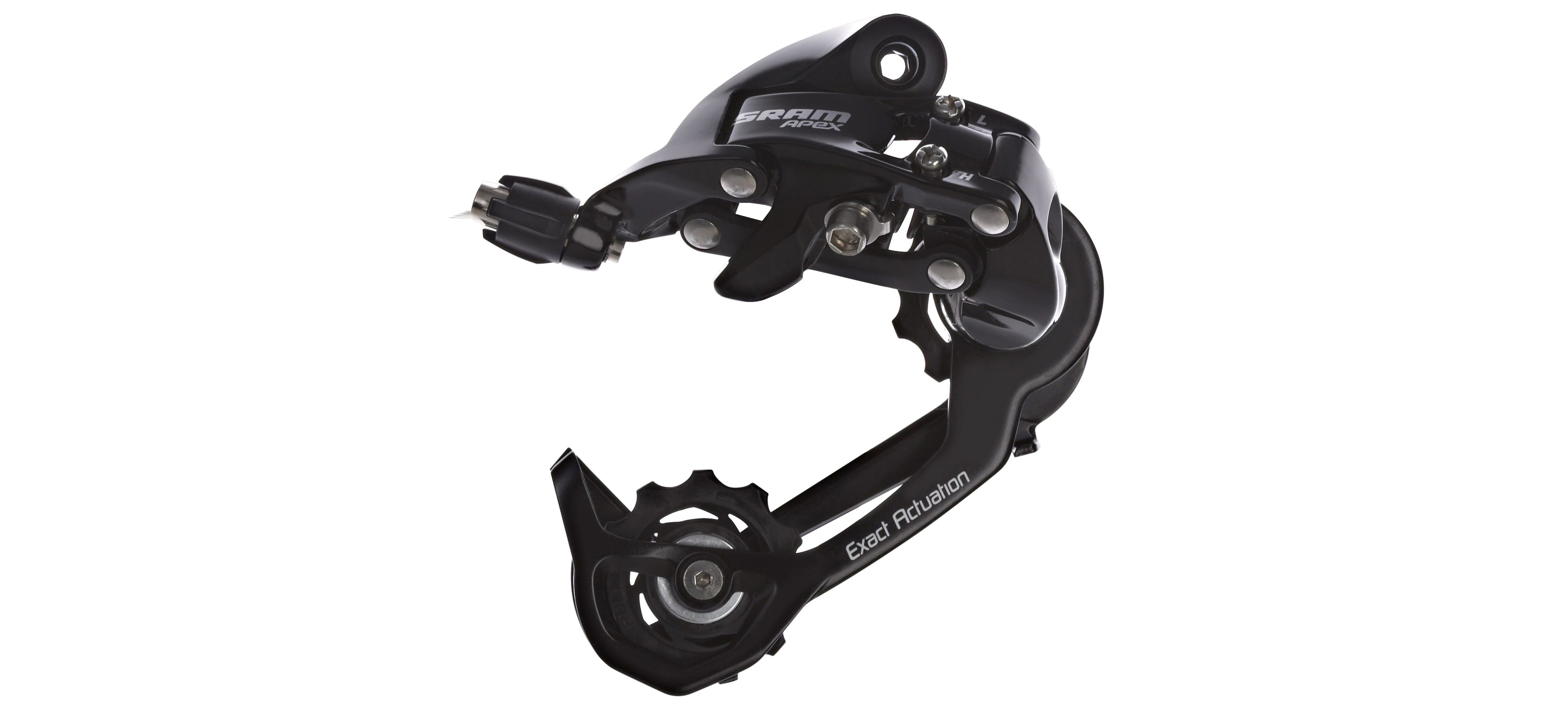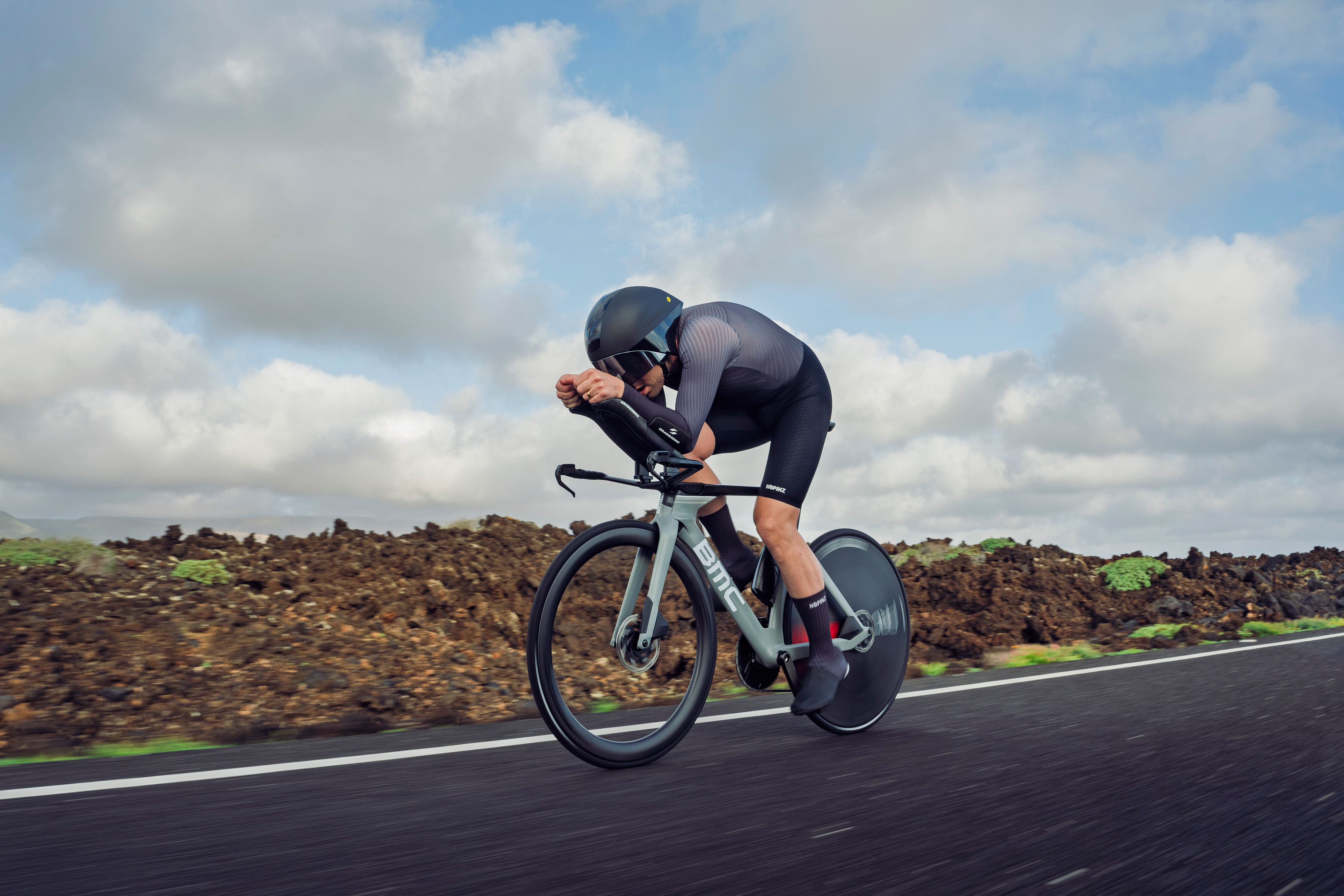SRAM Apex groupset review
Everything you need to know about the SRAM Apex groupset, which offers assured operation across its wide ranging 11-32t sprockets

SRAM Apex may no longer seem quite as exciting as when it first burst onto the scene as the low-gear-range road mid-priced groupset. However, it’s loss of status isn’t a loss of quality, and — if you can put up with SRAM’s foibles — as an all-round groupset with decent brakes, forgiving gear ratios and a fair trade-off between refinement and dependability, it offers a fine alternative to Shimano’s options
-
+
First groupset to offer 11-32t cassettes
-
+
Very assured operation
-
+
Decent mechanical rim brakes
-
+
Suitable for a wide variety of drop-bar cycling disciplines
- +
-
-
DoubleTap has its drawbacks, especially when you’re in the lowest gear
-
-
‘Only’ 10-speed
-
-
Other ranges have stolen its thunder
You can trust Cycling Weekly.
When the SRAM Apex groupset appeared on the scene in late 2010 it heralded the start of a gearing revolution. By using all its experience creating mountain bike gearsets, with Apex SRAM was able to fit — for the first time on a road bike — cassettes with up to 32 teeth on the biggest sprocket. ‘What’s a few more teeth?’ old-school racing cyclists might ask. But for the then-burgeoning sportive market, where non-racers were enjoying road bikes on challenging routes, the bigger sprocket offered a chance to spin up hills more easily. In fact, teamed with a compact chainset, Apex’s set-up offered a wider range of gears than would normally be possible with a triple chainset, yet without the extra weight.
>>> SRAM groupset hierarchy explained
Shimano has since caught up in the sprocket size tech war, but SRAM couldn’t have come at a better time. And while Apex might have lost its USP, it hasn’t lost its charm. Indeed, we’ve tested some bikes with the short cage Apex rear derailleur with its 10-speed, 11-28t cassette compatibility, and in pure functionality terms, it’s impressively smooth.
>>> SRAM Red AXS 12 speed groupset launched
But seeing as the initial big selling point of Apex is its ability to work with rear sprockets up to 32t, it’s the mid-cage model — with what SRAM calls WiFLi (Wider, Faster, Lighter) technology — that interests us most.

Tip-top tapping
Before getting as far as making a judgment about rear derailleur performance, you have to get round the small matter of SRAM’s DoubleTap shifters. They’re an acquired taste, and potentially difficult to come to terms with if you’re used to the established Shimano or Campagnolo gear change systems.
Unlike its rivals, with DoubleTap the brake lever doesn’t pivot sideways: gear selection is controlled using solely the paddle positioned behind it. The rider clicks the paddle a short amount laterally to drop the chain down, or pushes the paddle through a wider lateral sweeping motion to push the chain up. It’s actually a fine system once you get used to it, and in the hand everything from the paddle sweep to the feel of the brake hoods is very assured.
There is one quite glaring drawback, though. Should you be on a steep climb, almost at the end of your endurance and desperate to find one last, easier gear, you might be tempted to push the paddle one more time. If you’re already in the biggest sprocket on the rear cassette, there’s nowhere for the chain to go, so it can’t move any further up the cassette. But the initial click will be registered and the chain will drop down into a harder gear — just when that’s the last thing you need.

Swift and smooth
How do those derailleurs actually perform on the bike? Even with this wider ranging rear mech, it’s still very refined. Like Shimano Sora, there is a slightly utilitarian feel about the groupset, but that’s partly inspired by the types of bikes it appears on — everything from sportive specials, to cross bikes, to tourers. In terms of actual performance we’d place it only a little below Shimano 105, and ahead of Tiagra.
The front derailleur is a very reliable piece of kit, too, offering quick, accurate shifts. Meanwhile, the Apex chainset only comes in one flavour: compact, with chainrings of 50 and 34 teeth. But that’s a perfect fit for its market. The overall gloss black finish — we’ve seen a white finish as well — is not quite as attractive as SRAM’s higher-class options, but it doesn’t look cheap.
One less sprocket
There are some downsides, though. For example, while its SRAM groupset stablemates and Shimano 105 — its nearest competitor — now offer cassettes with 11 sprockets, Apex is only 10-speed. Also, all the other SRAM groupsets now have the option of hydraulic brakes, but Apex’s are still resolutely mechanical (although SRAM does have the after-market 10-speed-compatible S-700 Hydro hydraulic brake system).
In any case, we wouldn’t worry too much about that. Apex’s stock mechanical rim brakes are actually superb. They’re also reasonably long drop, so you might be able to squeeze a mudguard in there for winter use, too.
Although SRAM Apex appeared on quite a number of new bike models in the first few years of its release, now that Shimano’s equivalent or lower ranges can match the wide choice of gear ratios, many manufacturers are seemingly favouring Japanese components once again. As a guide, though, Apex tends to be found on bikes priced below Shimano 105, making it good value. And, as we’ve already mentioned, it also offers enough ability to be a worthy choice for a wide range of different intended bike uses.


Thank you for reading 20 articles this month* Join now for unlimited access
Enjoy your first month for just £1 / $1 / €1
*Read 5 free articles per month without a subscription

Join now for unlimited access
Try first month for just £1 / $1 / €1
Get The Leadout Newsletter
The latest race content, interviews, features, reviews and expert buying guides, direct to your inbox!
-
 I ran Paris-Roubaix’s Arenberg sector and now I never want to cycle it
I ran Paris-Roubaix’s Arenberg sector and now I never want to cycle itThe five-star stretch of the Hell of the North was not an ideal surface for a 4.5km run, but it made for an interesting time
By Adam Becket Published
-
 Gravel World Championships to take place in the Netherlands after Nice pulled out
Gravel World Championships to take place in the Netherlands after Nice pulled outBiggest UCI gravel event was initially scheduled to take place in Nice
By Tom Thewlis Published
-
 Cycling Time Trials unveils alliance with UK brand Nopinz to 'improve and drive the sport forward'
Cycling Time Trials unveils alliance with UK brand Nopinz to 'improve and drive the sport forward'The UK time trialling body takes on new sponsor with a view to 'driving the sport forward'
By James Shrubsall Published